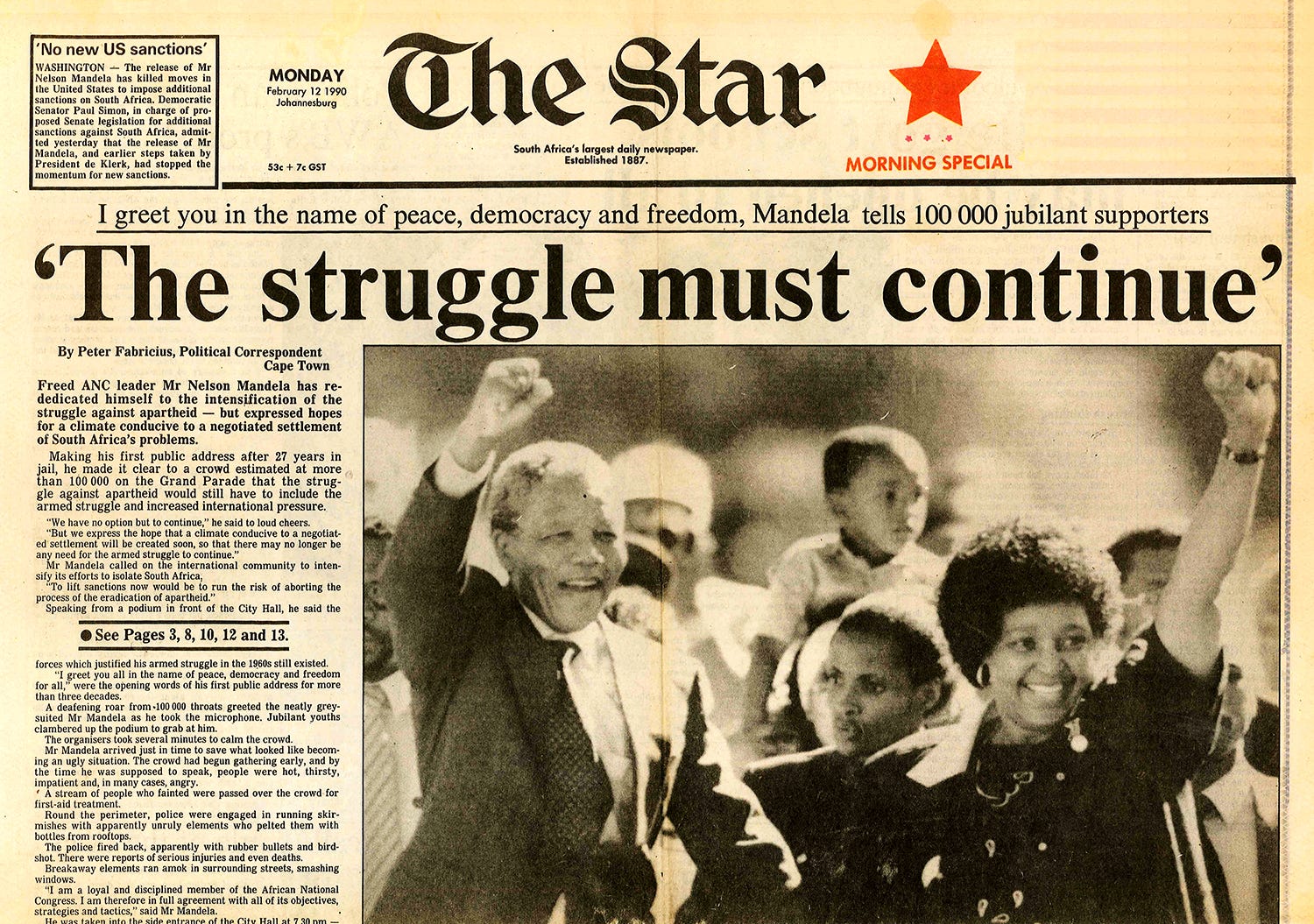By Lehlogonolo Masuku
South Africa is gearing up for national elections, which may affect the political and social order and the future of vast South Africans. These elections are unique because they are likened to the watershed moment of 1994 when the country transitioned from oppressive rule and is now assuming democracy. Everyone is looking and hoping for progressive development, especially when the economy is growing at a snail’s pace, risking being caught up by inflation and contractions.
We should start by looking back at where we are coming from; it is crucial to revisit history to understand our current position. The pre-democratic era was marked by muddy waters of human rights violations by the then-totalitarian government. Most citizens were not afforded an equal right to vote for the government they wanted. In fact, it was deliberate because the minority stood no chance but to effect governance through force. Notably, the media landscape of that time belonged to the state and preserved the status quo.
The contestations ensued, and finally, the people reigned supreme, and democracy was birthed after a prolonged conception. Interestingly, media are one institution foregrounded on the cornerstones of a healthy democracy. They became a trusted public sphere where socio-political matters are fiercely conveyed and debated. The people now gained a voice to participate as active citizens in the economy; the media reported about national issues which affected them so that they could make informed decisions.
Drawing on the current socio-political theatre, the media are playing the role of a watchdog and a proponent of holding those in power accountable. Therefore, they report corruption at the highest levels of government administration. Recently, some prominent public servants have been named and shamed for corruption, and the investigating enforcement agencies are also closing in to effect arrests. This also extends to the media reporting a balanced reportage to all contesting political parties, particularly in this uncertain time.
They must forge political stability and reinforce social cohesion in a pluralistic democracy like ours. The people are the media, and there should be unconditional cooperation to ensure that the electorate remains free from bias and, importantly, from fake news and foreign interference.


